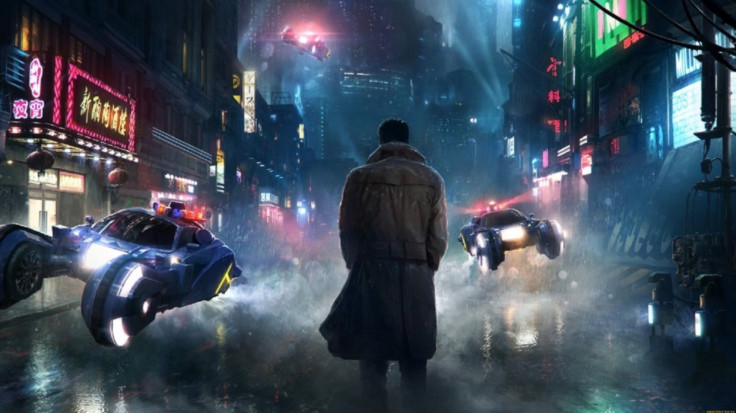Recently, Director Denis Villeneuve sat down with Collider to discuss his preferred cut of Blade Runner, and why it’s the one fans should have in mind when watching his follow up later in October.
“I think honestly I would recommend seeing the very, very final director’s cut of Ridley's. If they are curious enough for me it was like the very first cut that was released in 1982 with the voice over and the very last one…
"I just deeply loved the movie at first sight and for me the voice over had that kind of noir quality so it’s not something that shocked me, I embraced it at the time.”
Blade Runner has fallen victim to a shit-ton of edits and retroactive lore building, most infamously as it pertains to whether or not Deckard was intended to be a replicant. Personally, left ambiguous or otherwise, I find it to be a particularly uninteresting aspect of an otherwise brilliant film. Ridley Scott, the revered director responsible for the landmark picture, and its leading man, Harrison Ford, seem to feel otherwise.
The screenwriter Hampton Fancher is of the mind that Deckard’s status should be left up to interpretation, as is the case with the theatrical cut of the film. Scott, on the other hand, has said on several occasions that Deckard is definitely a Replicant. He has gone as far as re-releasing the film with additions that render the position pretty irrefutable. Ford, like many fans, feels that a Deckard that is anything but human undermines the core themes that define the movie. Villeneuve doesn’t plan on addressing the matter head on, though if brings up an interesting fandom dilemma.
Should the interpretation of the creator, as a rule, supercede that of the fans? Or are there times when the creator genuinely loses sight of the initial vision of the given work? A case can be made for the latter, the most compellingly with George Lucas. Few would argue that the world, tone, and characters established in the groundbreaking original Star Wars trilogy were anything but impaired by the various augmentations implemented by Lucas in recent years. Additions made to the cantina band, the exclusion of actor Sebastian Shaw at the end of Jedi, and Vader screaming “No!” before his vindication is suggestive of a guy that doesn’t quite understand why those films worked in the first place. The existence of Prometheus and Alien Covenant imply the same about Ridley Scott. In those instances, I feel it is totally ok to take the interpretation of the filmmaker with a grain of salt. If Christopher Nolan released a statement tomorrow declaring a definitive fate for Dom Cobb, I think we would all be well within our rights to hold true to the objectively superior intentionally ambivalent ending.
Ford has the right idea about this sort of thing, not only in his interpretation of Blade Runner, but also in his attitude towards the controversy. When asked about it as it relates to Blade Runner 2049, he simply said: “What difference does it make what I think?”
We forget that the culture that holds “continuity” in such high regard, is a relatively new one. When guys like Lucas and Scott were making their dopey sci-fi movies, they had no way of predicting the weight of what we now call world-building would have to the fans of the future.
Is Deckard a replicant? Not to me. That’s about as much analyzing any of this genre junk deserves.
- Stunning depiction of a dark future
- Fantastic new characters
- Rich, not a franchise-building product
- No magnetic antagonist to match Roy Batty (Rutger Hauer)
- Connection to original movie is the most boring part


















